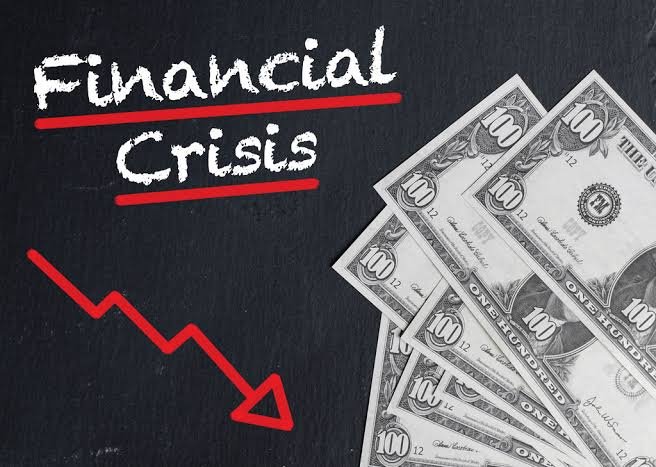Strategies on how to overcome your financial crisis
Assessing your financial situation is the first step in overcoming a financial crisis. This involves creating a detailed list of all your income, expenses, debts, and assets. This list will help you understand your financial status and identify areas where you can cut back on expenses.
To start, gather all your financial records, such as bank statements, credit card bills, and pay stubs.
Make a list of your regular monthly expenses, including housing, food, transportation, healthcare, and any other recurring costs. Then, make a list of any debts you owe, such as credit card balances, personal loans, or student loans. Be sure to include the interest rate and monthly payment for each debt.
Finally, make a list of any assets you have, such as savings accounts, investments, and property. Once you have this information, you can begin to see where your money is going and identify areas where you can reduce expenses and increase savings.
This is an important step in overcoming a financial crisis, as it gives you a clear picture of your financial situation and helps you make informed decisions about how to manage your finances going forward.
Creating a budget is a crucial step in overcoming a financial crisis. A budget helps you prioritize your spending and make sure your essential expenses are covered. Based on your assessment of your financial situation, create a budget that takes into account your income and expenses.
Start by listing your monthly income, including any sources of regular income, such as a salary or Social Security benefits. Then, list your monthly expenses, prioritizing essential expenses such as housing, food, and healthcare. Be sure to include a realistic estimate of your monthly spending in each category.
Once you have listed your income and expenses, compare the two to see if your expenses are exceeding your income. If this is the case, look for areas where you can cut back on expenses, such as entertainment, dining out, or subscriptions.
You can also consider reducing or eliminating non-essential expenses, such as cable TV or a gym membership. Make sure to leave some room in your budget for unexpected expenses, such as car repairs or doctor visits.
Having a budget helps you keep track of your spending, avoid overspending, and ensure that you have enough money to cover your essential expenses. Remember to review your budget regularly and adjust it as necessary, especially if your income or expenses change.
By creating and following a budget, you can regain control of your finances and get on the path to overcoming your financial crisis.
Reducing debt is an important step in overcoming a financial crisis. High-interest debt, such as credit card balances, can quickly escalate and make it difficult to regain control of your finances. The first step in reducing debt is to make a list of all your debts and prioritize which ones to pay off first. Consider paying off debts with the highest interest rates first, as these will cost you more in the long run.
You can also consider consolidating debt through a personal loan or balance transfer credit card. A personal loan can provide you with a lump sum of cash to pay off multiple debts, while a balance transfer credit card can help you save on interest by transferring high-interest debt to a card with a lower interest rate. Keep in mind that both options come with their own costs and risks, so be sure to carefully compare the terms and conditions before making a decision.
In addition to consolidating debt, consider cutting back on expenses and using the extra money to pay off debt. For example, reducing your spending on dining out or entertainment can free up money that you can use to pay off debt. Making extra payments, even if they are small, can help you pay off debt faster and reduce the amount of interest you pay over time.
Reducing debt takes time and discipline, but by making a plan and sticking to it, you can take control of your finances and overcome your financial crisis.
Posted Using LeoFinance Beta

